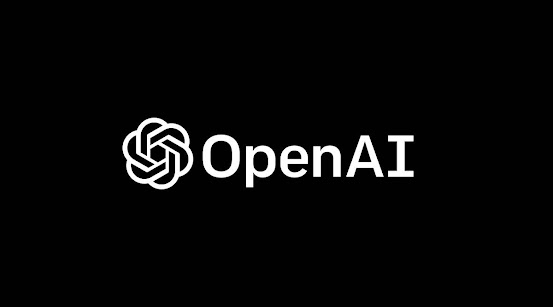What are The Recent Trends in AI?
The Latest in AI 2023
AI is rapidly evolving, and there are several new advancements in 2023. Here are some of the latest trends in AI:
Quantum computing: Quantum computing is one of the most significant technological advancements in recent years, and it has the potential to revolutionize AI. Quantum computing can process information exponentially faster than classical computing, which can help AI algorithms process and analyze data faster and more accurately.
Natural Language Processing (NLP): NLP is the technology behind voice-activated assistants like Siri and Alexa. In 2023, NLP is expected to become even more advanced, with the ability to understand and interpret complex human language and even emotions.
Autonomous systems: Autonomous systems like self-driving cars and drones are already in use, but in 2023, they're expected to become even more advanced. With the help of AI, these systems can analyze and respond to their environment in real-time, making them safer and more efficient.
The Most Advanced AI Currently
The most advanced AI currently available is:
GPT-3: GPT-3 is a language generation AI model developed by OpenAI. It has 175 billion parameters, making it the largest and most powerful AI model to date. GPT-3 is capable of generating human-like text and can perform a variety of tasks, such as translation and summarization.
AlphaGo: AlphaGo is an AI developed by Google's DeepMind that defeated the world champion in the ancient game of Go. AlphaGo uses deep learning algorithms to analyze the game board and predict the best move.
New Innovations in AI
There are several new innovations in AI that are worth mentioning:
Generative Pre-trained Transformer 3 (GPT-3): GPT-3 is the latest language generation model developed by OpenAI. It has the ability to write human-like text and can perform a variety of tasks, such as translation, summarization, and even creative writing.
Explainable AI: Explainable AI (XAI) is a new field of research that aims to make AI models more transparent and interpretable. XAI algorithms can explain how they arrived at their decisions, making them more trustworthy and easier to understand.
Edge AI: Edge AI is a new trend in AI that involves running AI algorithms on devices like smartphones and IoT devices instead of relying on cloud-based computing. This can reduce latency and improve privacy, making it a promising technology for the future.
The Future of AI
The future of AI is exciting and full of possibilities. Here are some potential developments to look out for:
AI-powered healthcare: AI is already being used in healthcare to analyze medical images and predict disease outcomes. In the future, AI could help doctors diagnose and treat diseases more accurately and efficiently.
AI and robotics: AI and robotics are expected to become more integrated, leading to the development of more advanced autonomous systems and even robots that can learn and adapt on their own.
Ethical and regulatory concerns: As AI becomes more advanced, there are concerns about its impact on society and the need for ethical and regulatory frameworks to govern its use.
Conclusion:
AI is one of the most exciting and rapidly evolving fields in technology. From quantum computing to explainable AI, there are many new and innovative trends that are transforming the way we live and work. In 2023, we can expect to see AI continue to make significant strides in various industries, such as healthcare, finance, and education.
As AI continues to evolve, it's crucial to keep in mind the ethical and regulatory considerations that come with its development and deployment. It's essential to ensure that AI is used in ways that benefit society and doesn't harm individuals or groups.
In conclusion, the recent trends in AI are exciting, and the future looks promising. With the latest advancements in technology, we can expect AI to transform the way we live, work, and interact with the world around us. As we move forward, it's essential to continue to explore new developments in AI and ensure that it is used responsibly and ethically.



Comments
Post a Comment